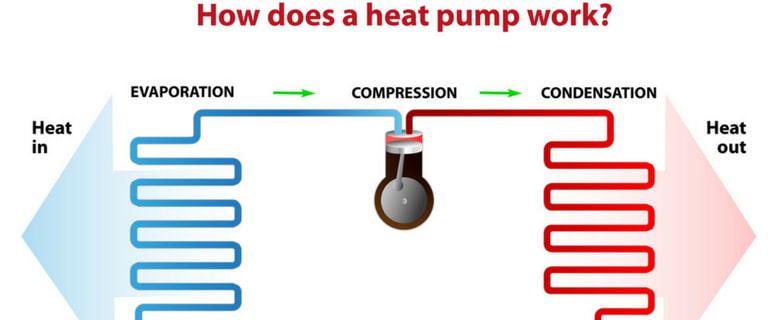Living in southern California, if you have a swimming pool, you probably use it pretty often. While it may seem that pool heaters are an unnecessary amenity, pool maintenance companies have found that people who don’t have some sort of heater installed get less use out of their pool.
To keep your swimming pool the perfect temperature day and night, throughout the entire year, consider installing a water heater, and get the most out of your swimming pool. Read on to learn about three different kinds of pool heaters and discover which one is the best choice for you!
Gas Line Installation
Gas powered heaters are still the most common way to heat your swimming pool, even though they are less efficient than heat pumps or solar powered heaters. The design of the gas heater is reasonably straightforward: water flows from the pool through a filter, then into the heater.
Heat is generated in the combustion chamber by the burning gas, which heats the water before it flows back into the pool. Installing a gas powered pool heater, also means installing a gas line if you don’t already have one near the pool.
This could add up to an additional $500, based on the national average for gas line installation costs. When combined with the initial cost of anywhere from $800 to nearly $2,000 for the heater (depending on the size), you may decide that Gas powered pool heating is not for you. In that case, you may look to a heat pump.
Heat Pumps
In southern California, heat pumps may be the best and most efficient way to heat your pool. On average, using a heat pump to heat your pool will save you about $100 to $200 a month! This is because heat pumps don’t actually generate heat, they take in outside air and electrically move it into the pool water to make it warmer, which uses up less energy than having to generate the heat energy.
In colder regions of the country, heat pumps may use up more energy during the colder months of the year, and therefore cost you more money than they’re worth. Because heat pumps use the air outside to heat your pool water, they are really only efficient at heating pools as long as the outside temperature stays above 50 degrees.
If you’re still not entirely sold on gas heating or heat pumps for your pool, you may consider solar energy.
Solar Water Heaters
Solar powered water heaters are also an alternative to electric heating. With a monthly cost of exactly $0 (since they don’t use any electricity to run), solar-powered water heaters can reduce your monthly energy bill, as well as reduce your carbon footprint!
Installing solar panels to heat your pool can often mean a hefty upfront investment, but you’ll find that solar power pays for itself within a couple of years of installation. If you are still concerned about the costs of installing a solar water heater, there are more affordable, DIY, solar-powered water heaters that use copper coils to heat your pool.
If you wanted to take your environmental impact to the next level, you could even build a solar-powered water heater using only plastic water bottles and milk jugs, based on the patented design of Brazilian mechanic, Jose Alano!


